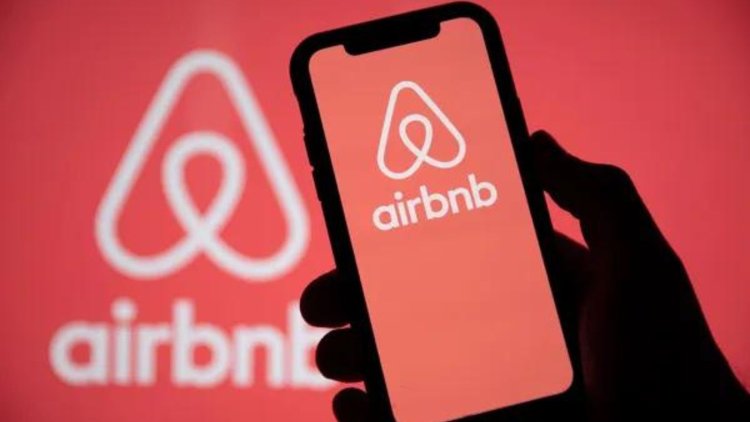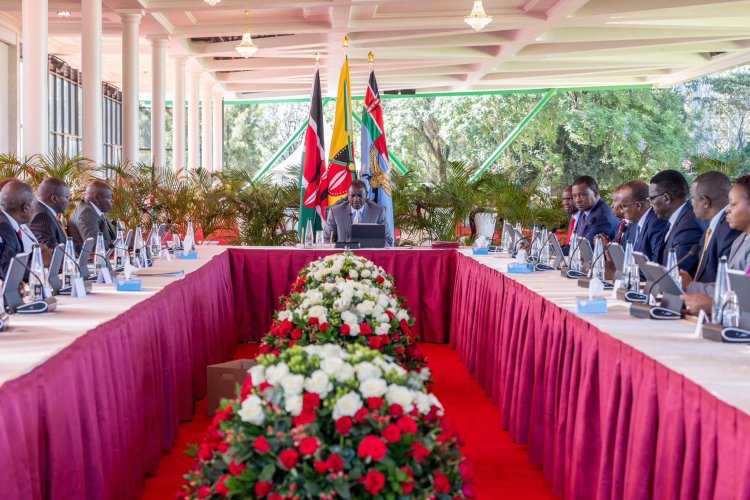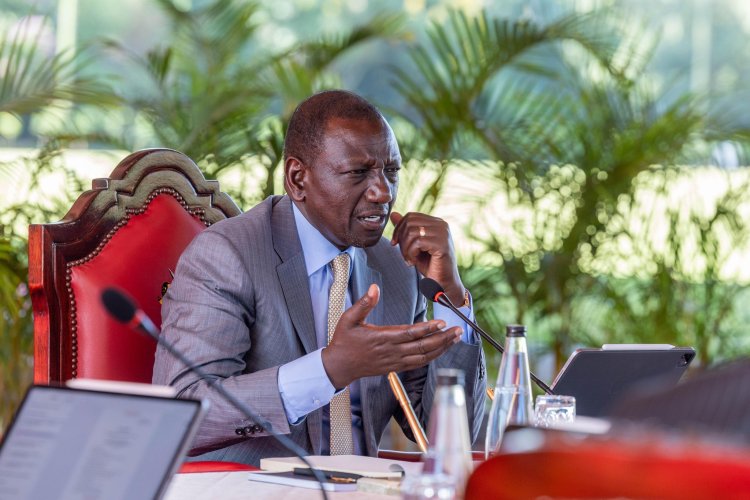How Kenya Govt Risks Colliding With Global Directive On Airbnbs
President William Ruto’s administration was prompted to take action as a result of an alarming increase in crimes against persons who frequent the short-stay residences.

The cabinet on Wednesday, March 13 listed down five new rules that govern short-stay apartments in Kenya, also known popularly as Airbnbs.
A cabinet dispatch indicated that President William Ruto’s administration was prompted to take action as a result of an alarming increase in crimes against persons who frequent the short-stay residences.
Ruto’s cabinet noted with concern that there were increased femicide cases in furnished residential apartments, lodgings and short-term rentals.
"In response to public concerns arising from the alarming increase in crimes against persons, including murder, within short-term lease facilities such as furnished residential apartments, lodgings, and Airbnb rentals; Cabinet sanctioned a raft of measures to enhance security in such premises," read the dispatch in part.

President William Ruto during a Cabinet meeting on March 13, 2024. /PCS
Among the notable rules listed by the Cabinet include the short-stays being mandated to maintain Closed-Circuit Television (CCTV) Cameras in all common areas.
Additionally, measures should be put in place to ensure that the footage is recorded, stored, and can be retrieved if the need arises.
However, this is one rule that is likely to thrust President Ruto's government at loggerheads with the global Airbnb platform, which recently announced that it would ban security cameras inside guest homes to prioritize privacy.
The home rental platform previously allowed indoor security cameras in common areas such as hallways and living rooms if they were visible and disclosed in listings before people booked such properties.
However, people have complained on social media about finding seemingly hidden cameras in Airbnb lodgings, some of them in areas where privacy is expected such as sleeping areas and bathrooms.
"Airbnb is banning the use of indoor security cameras in listings globally as part of efforts to simplify our policy on security cameras and other devices and to continue to prioritize the privacy of our community.
"The update to this policy simplifies our approach and makes clear that security cameras are not allowed inside listings, regardless of their location, purpose or prior disclosure," the San Francisco, USA-based company said in a blog post.
As the majority of listings on Airbnb do not report having a security camera, this update is expected to impact a smaller subset of listings on the platform. Ironically, the Kenyan government is requiring the Airbnbs in the Republic to maintain CCTV cameras in the closed areas.
The new policy, along with a tightening of rules on outdoor security cameras at Airbnb properties, will go into effect on April 30, 2024, leaving the government with a choice to either comply with Airbnb's regulations or maintain their stance and risk consequences.
There is a catch, according to the new rules, hosts will be required to disclose the presence and general location of any outdoor cameras before guests book.
These cameras will also be prohibited from monitoring indoor spaces of a listing and are not allowed in certain outdoor areas where there’s a greater expectation of privacy, like an enclosed outdoor shower or sauna.
More Rules On Airbnbs
Other rules announced during the Cabinet meeting include maintaining an updated register documenting the verified identity of persons entering and exiting the premises as supported by proper identification documents. The documentation should include the time of entry and exit from the premises.
The Cabinet directed that the management of short-term stay houses must maintain a current and accurate log of all vehicles, rickshaws, and motorcycles entering or departing from the premises.
They are to ensure that the premises are guarded by a properly registered private security service provider.
The Cabinet agreed that residential apartments, lodgings and Airbnb rentals maintain a security occurrence book to record daily significant incidents and notable events relating to the safety and security of residents, guests, and service providers.


 admin
admin 




